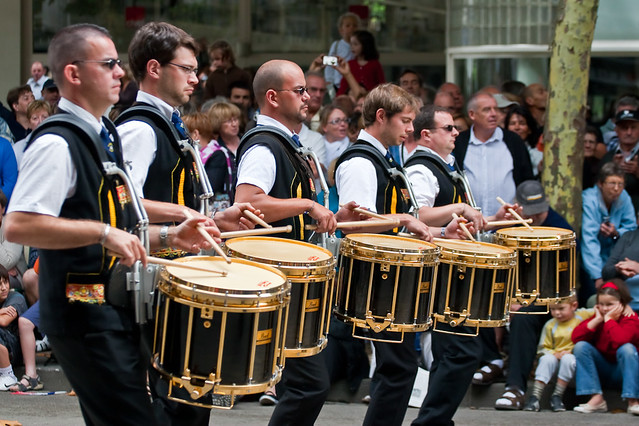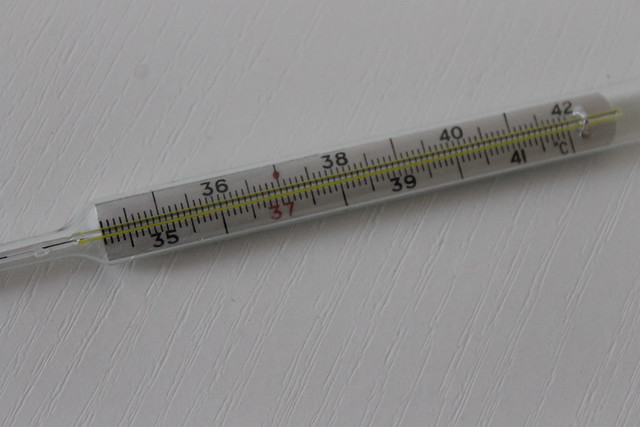Today we’re gathering some people, folk, crew and related word in Celtic languages.
| Proto-Celtic | *worīnā = band, troop, a group of warriors who have sworn allegiance (to each other) |
|---|---|
| Old Irish (Goídelc) | foirenn = band, troop, group of people |
| Middle Irish (Gaoidhealg) | foirenn = an indefinite number of people, set, group, category, band, troop, company, crew (of a ship) |
| Irish (Gaeilge) | foireann [ˈfˠɪɾʲən̪ˠ] = number, group of people, band, troop, company, crew, team, personnel, staff, set foireann loinge = crew of a ship foireann spéirbhean = bevy of beauties foireann dráma = cast of a play foireann uirlisí = set of tools foireann dinnéir = dinner-service foireann fichille = set of chessmen |
| Scottish Gaelic (Gàidhlig) | foireann [furʲən̪ˠ] = excess, abundance, crowd, multitude (ship’s) crew, ballast, furniture |
| Manx (Gaelg) | fwirran = staff, team fwirran bluckan-coshey = football team fwirran buird = dinner service fwirran meihaaghyn = set of weights fwirran skynnaghyn = canteen (of cutlery) |
| Proto-Brythonic | *gwörin = group of people |
| Old Welsh | guerin = host, group of people |
| Middle Welsh (Kymraec) | gwerin = people, populace, peasantry, folk |
| Welsh (Cymraeg) | gwerin [ˈɡwɛrɪn] = people, populace, peasantry, folk, democracy, proletariat, liegemen; mob, rabble, troop, throng, host, multitude, rank and file of army, nation, ship’s crew gwerinaf, gwerino = to render plebeian or common, to popularize, civilize, tame, arrange for battle, marshal gwerinaidd = plebeian, lowly, humble, common, vulgar (speech), dialect, home-spun, democratic, proletarian gwerindod = civilization, domestication gwerinwr = commoner, peasant, democrate, republican gweriniaeth = democracy, republic(anism), community |
| Cornish (Kernewek) | gwerin = common people, folk, proletariat gwerinek = proletarian gwerinel = democratic gwerinieth = democracy gweriniether / gweriniethores = democrat gwerinor(es) = peasant lien gwerin = folklore |
| Middle Breton (Brezonec) | gwerin, gueryn = people gwerinad = plebeian gwerinel = democratic gwerinelaat = to become more democratic gwerinelañ = to democraticize gwerineler, gwerinelour = democrat gwerinelezh, gweriniezh = democracy |
| Breton (Brezhoneg) | gwerin = pleb, pawn gwerinad, gwerinel = plebeian |
Etymology: from the Proto-Indo-European *wori-no- (flock, troop) [source].
Sources: Wiktionary, Am Faclair Beag, Online Manx Dictionary, Teanglann.ie, eDIL – Electronic Dictionary of the Irish Language, In Dúil Bélrai English – Old Irish glossary, Geiriadur Prifysgol Cymru, Gerlyver Kernewek, Dictionaire Favereau, TermOfis, English – ProtoCeltic WordList (PDF), Etymological Dictionary Of Proto Celtic











